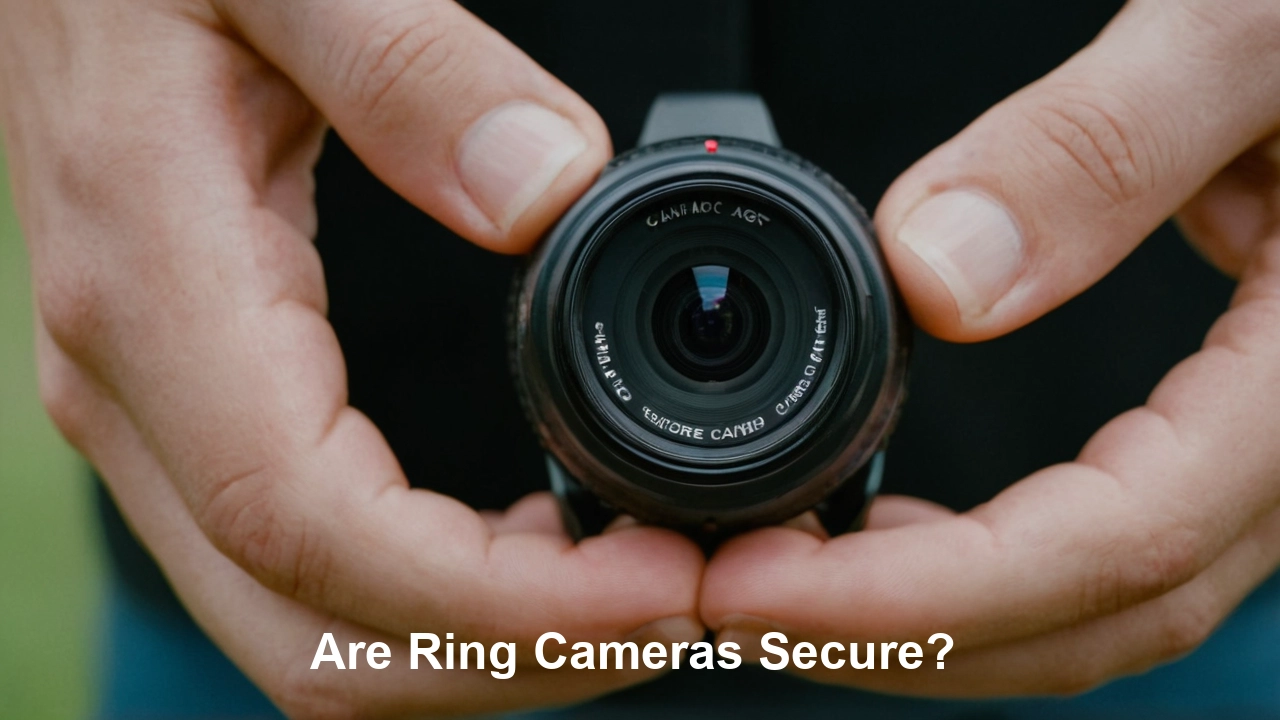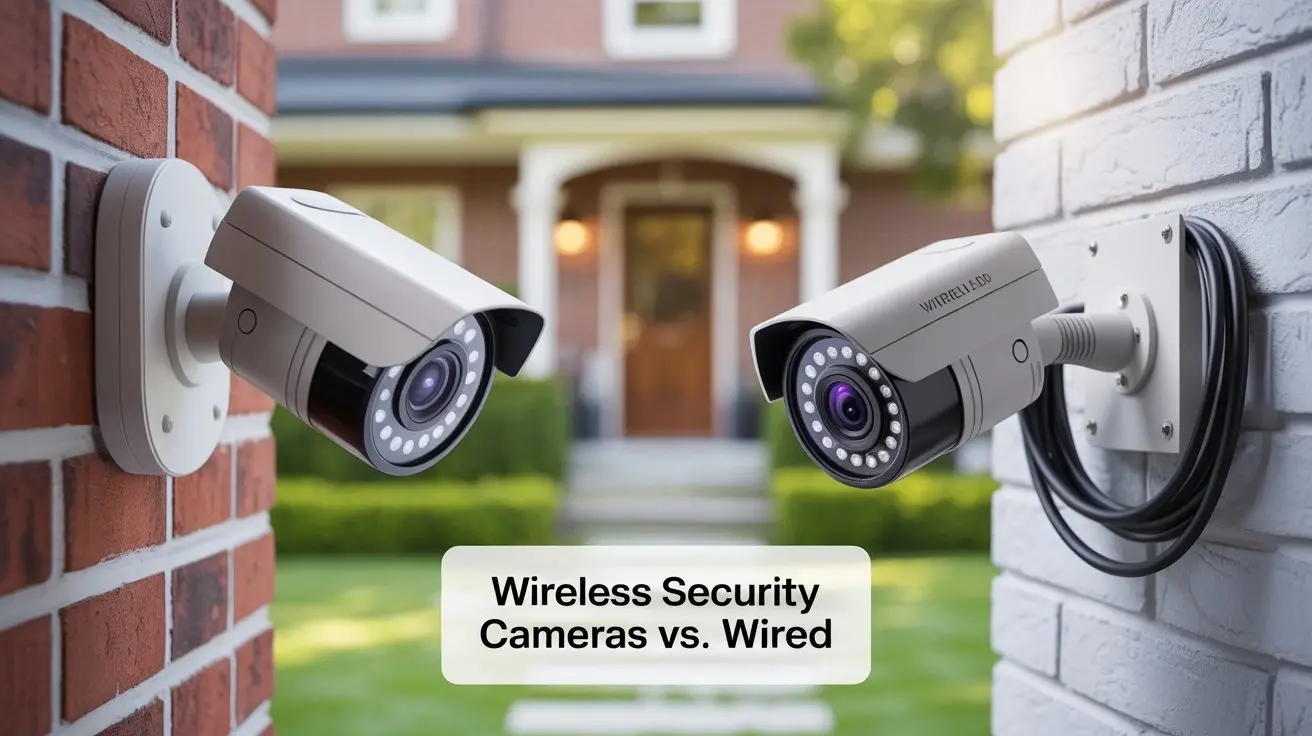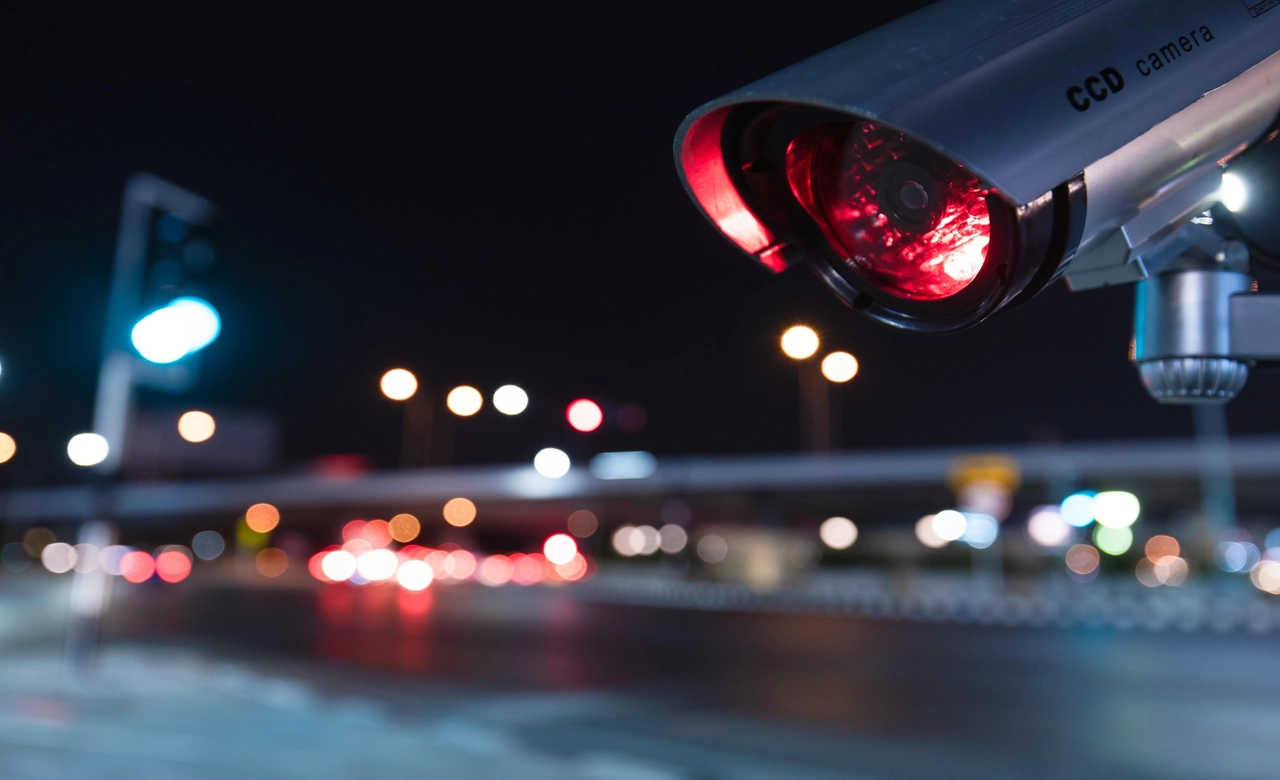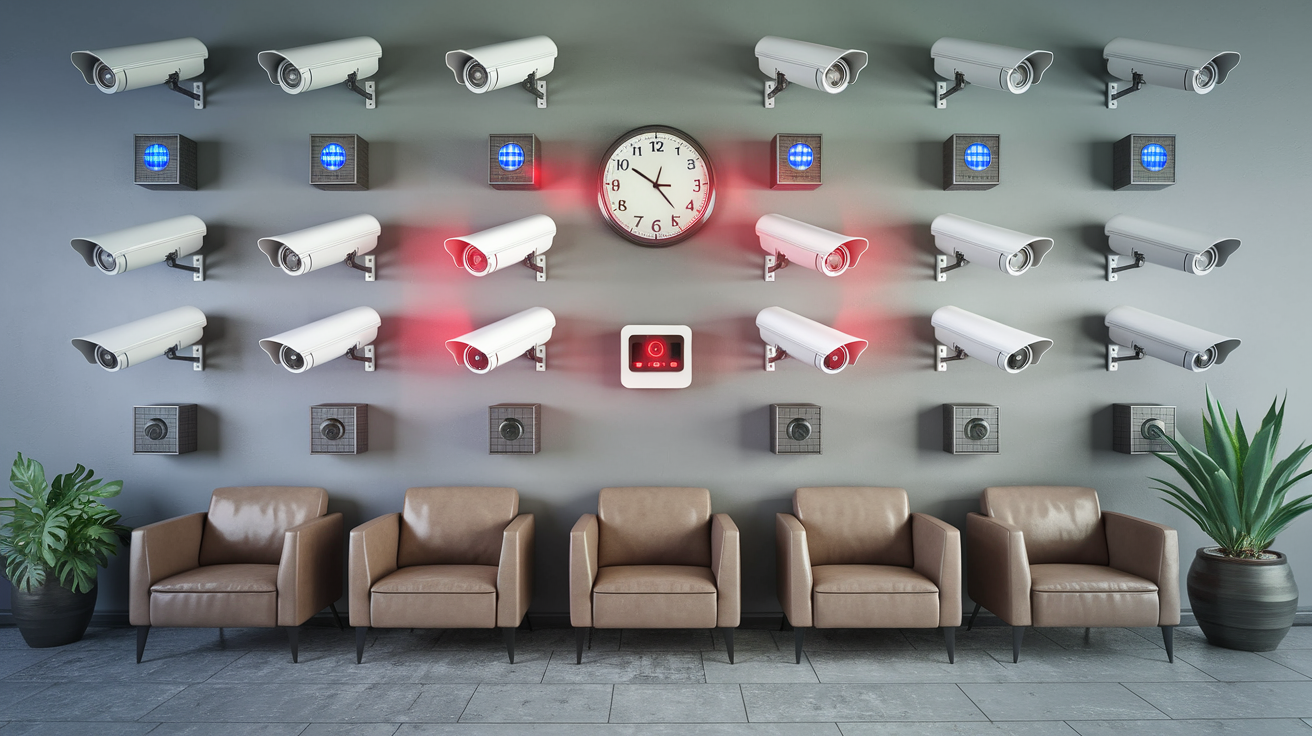Are Ring Cameras Secure?
Ring has gained significant popularity over the last few years as an affordable home security solution. The wireless and battery operated devices enable the individuals to supervise their properties using an application from a smartphone. However, as the Ring cameras become more common, concerns have been raised on the privacy of these devices and the data it collects. This article discusses the security measures that Ring has put in place and what customers should think about when trying to decide if they need Ring cameras.
Data Security Another one of the major issues consumers rightly care about is data protection. Ring cameras are WiFi enabled devices that allow the user to stream video to the cloud and one’s connected devices. Looking at the measures that Ring takes to protect this data, the following can be deduced. According to Ring, video data is encrypted both while being transmitted and during storage with the use of industry standard encryption. User accounts also have their details stored under encryption protocols to enhance their safety. Further, Ring has endeavored to enhance the protection of its in-house AWS servers with customer data following revelations of employees’ unlawful surveillance of clients’ videos. Although Ring continues to prompt users to activate two-step verification for an additional layer of protection, these steps secure the users’ information from outside influence. They can also choose not to share some of the data with a third party.
Device Security In the meantime, physical devices have various security issues exposed, though Ring’s cloud security has improved significantly. Scholars have identified vulnerabilities in cameras through which hackers can take control and monitor the videos or use the speaker to harass the homeowners. While most such devices are not without flaws that vendors will try to address, consumers should tread carefully. Users of Ring are encouraged to confirm that they have developed a special and a good password for their Ring account and not the general one that can be easily hacked. Users should also ensure that all the devices have automatic security update enabled in order to download the patch that will help to mitigate newly found risks. The firmware of the camera and the Ring app should also be updated at the soonest time possible to ensure security.
WiFi Network Security A frequently neglected factor concerning home surveillance security is the security of WiFi networks in the first place. Although Ring has made positive changes in device and data security, WiFi networks are still vulnerable to being hacked. As with any IoT device that uses WiFi connection, Ring cameras’ security is only as good as the WiFi security. If a hacker gets to know the password of the WiFi network then the data transmitted on the network is vulnerable to the hacker. Users should ensure that the home WiFi network is properly secured with WPA2 encryption and a strong password to ensure that the home network is not penetrated through this channel.
Physical Security The physical security of cameras should also not be taken lightly when one aspires to have a secure system of cameras. Cameras that are installed at entryways or porches with outdoor Ring cameras may be at risk of tampering or even theft. Although they are less cumbersome than running electrical wiring, battery-operated devices are portable –even easily removable by an intruder wishing to disarm the system if sited improperly. Measures such as placing the unit out of arm’s length and using security screws that are resistant to theft can prevent such compromised security.
Privacy Concerns Besides pure hacking threats, other user data privacy issues connected to Ring and its cooperating police departments have emerged as well. Neighbourhood watch app Neighbors: A platform where Ring’s users can post and comment on crime and safety incidents in their community. Nevertheless, when homeowners allow Ring to share footage with the police via an application, issues of opacity, consent, and surveillance arise. Consumers who are interested in Ring should know this dimension of privacy and decide whether they are willing to share this kind of partnership with the police before they start using the devices.
Is Ring Secure: The Verdict In a nutshell, are your Ring cameras safe? The short answer is yes – relatively speaking. Although they do provide reasonable encryption, data security protection, and access control once set up and updated properly, Ring devices certainly have security measures in place to ensure user’s video footage is not being seen by those they do not want. Yet, like any other device connected to the Internet, they remain inherently exposed in ways that true local, closed circuit security systems are not. So long as the consumer is careful with network, device, and physical security, one can use Ring products without a lot of serious privacy/hacking concerns. However, continuing with some understanding of the inherent weaknesses of cloud security is also recommended too. The exclusion of some features such as police cooperation and data sharing can also provide additional reassurance for those who have not yet decided whether Ring meets their security requirements and concerns.





